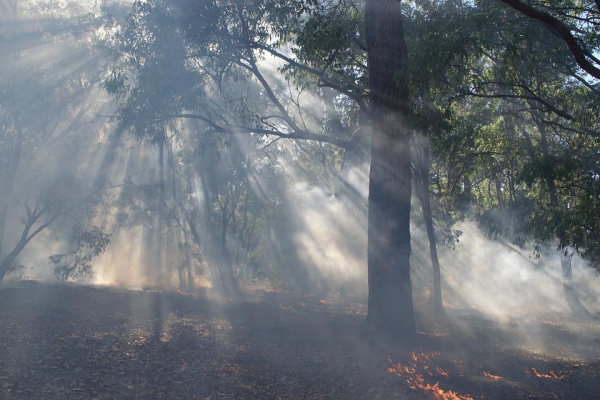Increasing frequency and size of wildfires in the United States over the past several decades affect everything from human life and health to air quality, biodiversity, and land use. The US dairy industry is not exempt from these effects. The Western states, where wildfires are especially prevalent, are home to more than two million dairy cows that produce more than 25% of the nation’s milk. A new report in the Journal of Dairy Science® examines how dairy cattle in the Western United States may be affected by unique air pollutants from wildfire smoke.
Lead investigator Amy L. Skibiel, PhD, of the University of Idaho Department of Animal, Veterinary and Food Sciences (Moscow, ID, USA), points out that “Evidence suggests that wildfire smoke events can result in substantially greater exposure to harmful compounds than typically found in non-fire urban air pollution conditions.”
Smoke from wildfires contains fine particulate matter, a known air toxin and a leading source of air pollution-related disease in humans. “Fine particulate matter can be respired deep into the alveolar recesses of the lungs, where it can induce inflammation, impede lung function, and be absorbed into circulation,” Skibiel explains. However, the physiological responses of dairy cows to fine particulate matter from wildfire smoke have so far been largely unknown.
Read more at Elsevier
Photo Credit: TerriAnneAllen via Pixabay


